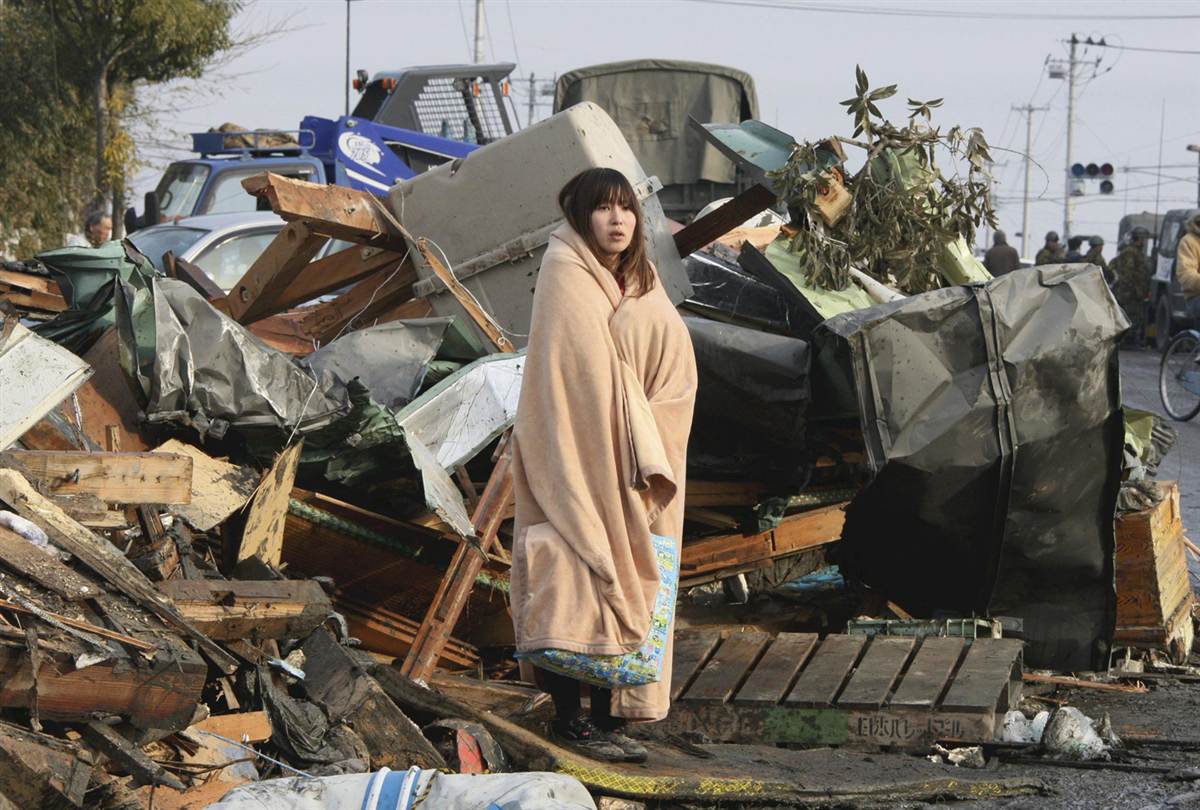December 3: We See in Part
♫ Music:
Day 4—Wednesday, December 3
For we know that the whole creation groans and suffers the pains of childbirth together until now. And not only this, but also we ourselves, having the first fruits of the Spirit, even we ourselves groan within ourselves, waiting eagerly for our adoption as sons, the redemption of our body. For in hope we have been saved, but hope that is seen is not hope; for who hopes for what he already sees? But if we hope for what we do not see, with perseverance we wait eagerly for it.
Romans 8: 22-25
For now we see in a mirror dimly, but then face to face; now I know in part, but then I will know fully just as I also have been fully known. But now faith, hope, love, abide these three; but the greatest of these is love.
I Corinthians 13: 12-13
WE SEE IN PART
In the day to day, I tackle problems on my own strength and terms. However, things don’t always work out according to my plans—bad things happen for no apparent reason, injustices in the world abound, and there are days when I have little strength to hope for tomorrow, let alone hope “for what we do not yet have.”
But the hope mentioned in Romans 8:22-25 is no ordinary hope. This is a hope rooted in the knowledge that God knows our past, present and future. More fantastical than any Marvel comic film, God’s version of our story rests outside the space-time continuum, beyond our understanding. Hope in “what we do not yet have” also means hope in what we do not yet comprehend.
Hope rooted in God also gives our suffering purpose. When I gave birth to my children, I endured labor pains because I believed in their fruitfulness. I envisioned that, with each contraction, I came closer to holding my child. My hope in seeing my baby gave my pain purpose. In the same way, our sufferings are not for naught. We may not know the specific purpose for each trial and tribulation we endure, but we can trust that they will lead us closer to God’s redemption.
Today’s photograph shows Yuko Sugimoto, a survivor of the 2011 Tohoku earthquake, looking in the direction of the kindergarten where her 4-year-old son Raito had been. Yuko received word that the kindergarten had been completely submerged underwater. It was believed that there was only a 50% chance he had survived; yet the photograph shows her looking on with hope. Miraculously, Yuko found her son the next day. A year later, Yuko reflects: "We were lucky. We may have lost our home but my family has become even more precious to me. Perhaps we took things for granted a little before the disaster."
Sometimes it takes great suffering to open our eyes to what is most important, and to reveal our capacity to hope. Out of love for her son, Yuko desperately hoped for a reunion. In even greater measure, God rapturously wants to be (re)united with us. It is only in God that we are fully known and fully loved. And because of the birth and sacrifice of God’s Son, we have access to a supernatural hope rooted in perfect love.
Lord, though there may be suffering and injustice in this world, we pray for Your supernatural hope to heal, renew, and empower. We thank you for the birth of your Son, the source of all hope. Break our hearts for those without hope—especially during the holiday season. Show us how to reach out to them. May we spread your hope to the ends of this earth by the power and love of Jesus Christ, Your beloved Son. Amen.
Nancy Yuen, Associate Professor of Sociology
A woman surveys the devastation in Ishimaki City
Yomiuri Shimbun
2011
Color Photograph
About the Photograph
The Yomiuri Shimbun is a Japanese newspaper published in Tokyo, Osaka, Fukuoka, and other major Japanese cities. It is part of the Yomiuri Group, Japan's largest media conglomerate. It is one of the five national newspapers in Japan. Founded in 1874, the Yomiuri Shimbun is credited with having the largest newspaper circulation in the world. This particular photograph, taken during the devastating 2011 Japanese earthquake (measuring 9.0 and considered the most costly earthquake in the world to date), was picked up by various international news sources and became one of the iconic images of the Japanese tragedy.
About the Music
The Lament of Mankind Lyrics
Adam: Fallen
Eve: Fallen, cast out from Paradise.
Adam: Cast out from Paradise
Adam and Eve: No scent. No breeze. No innocence.
Chorus: Fallen. Gates locked against ourselves. Out! Out!
Adam: Earth hard to the spade
Eve: Pangs rending of birth.
Adam: I must clothe Eve.
Eve: I must feed Adam.
Adam, Eve and Chorus: Work, PARADISE LOST.
About the Composer
Sir John Tavener (1944–2013) was an acclaimed British composer. Much of his music is greatly inspired by Russian and Greek Orthodox culture and his Christian faith. His music received worldwide recognition throughout his lifetime, especially his Song for Athene, which was performed at the funeral of Princess Diana. He was knighted in 2000.
http://johntavener.com/
